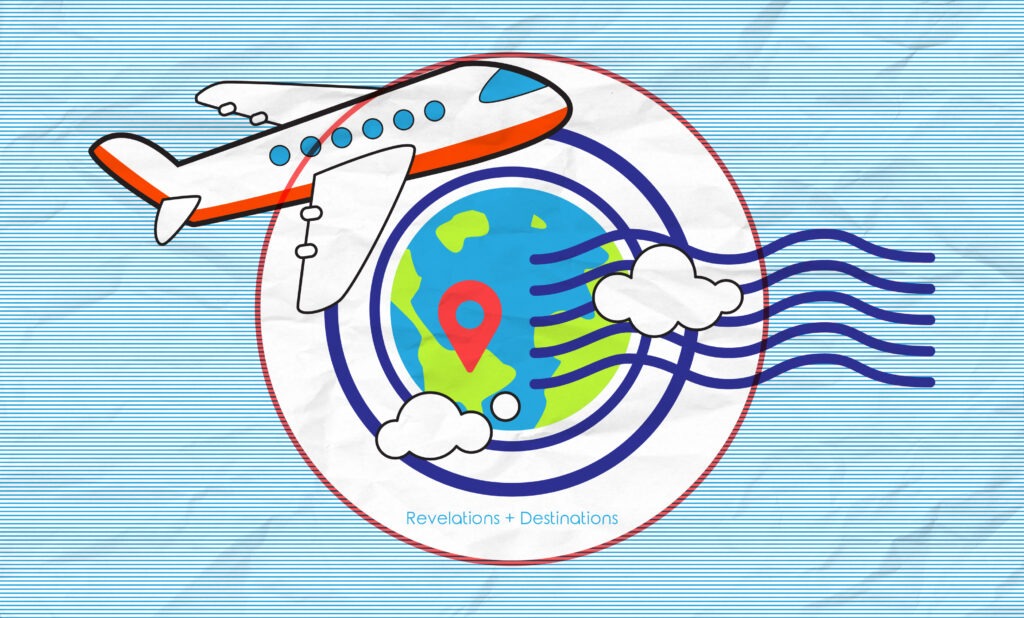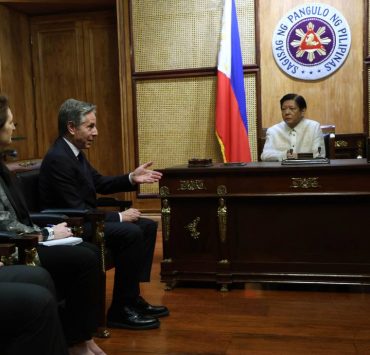To speak in my language again

I was proud of speaking three languages, especially the native language my tongue is familiar with. I am comfortable in the embrace of my own mother tongue, the language that helped me grow up and see the world. But when a child like me is on the verge of forgetting her mother tongue, what is it called, and what does it say about me?
I was born on the island of Masbate. I grew up loving the oceans and beaches that surrounded us. I am familiar with the sounds and waves of my favorite beach, hugging my ankles up to my whole body. Despite our closeness, strangely enough, I never learned how to swim. I climbed enough trees to patch my legs and arms with bruises and wounds that sealed their memories in my skin. I chased butterflies, I played with dragonflies, I collected snails in a tub, and I let beetles crawl on my skin despite my fear of them looking like cockroaches. Every day I was surrounded by greens, windy hills, fine brown sands, and blue oceans. I grew up living in a place that is one with nature.
So imagine my shock, when I was 6 years old, looking out of our bus window to see the tall trees and wide rice fields turn into skyscrapers and huge billboards plastered with the faces of people I didn’t know. When the clear roads turned into a congested centipede of unmoving cars and vehicles, I knew right then that the roads wouldn’t lead home.
One of my earliest memories of moving to Rizal was when we stayed in a rented room, playing with the landlord’s granddaughter. I was beaming ear to ear, finally having someone my age to play my kitchen set toys with. I was in glee talking to her, naive to never realize that my words didn’t register with her. I was speaking in Masbateño, a language she hardly understood. With every child I played with, my mother watched over us, acting as a connector of language she had mastered, translating words so each of us could comprehend. Busy to accompany me, my mother said, “You need to study how to speak Tagalog fluently. We’re not in the province anymore; this place only speaks Tagalog.”
Imagine a creature who got plucked out of her comfortable abode and suddenly moved to another place she hardly knew. It was hardly ideal; the place wasn’t the only one that changed. It was also the people, my school, and the language. I feared going out and exploring the area for fear I would get lost and never return home because I didn’t know where all the roads would lead. However, it was the language I needed to focus on.
Language is crucial in connecting to one’s culture, socialization, and communication. It binds a person to one’s culture, society, and identity. Tagalog is a language I needed to learn to survive in an entirely new place due to our financial difficulties. If this new place was something I needed to become familiar with, assimilating with the people was one way to go.
Tagalog isn’t entirely new to me due to my media consumption as well as the Filipino subject taught in schools. The dormant language has always been within me. I focused on learning Tagalog until the words became familiar on my tongue. Speaking the language feels like it’s mine now. I learned to verbalize without making it sound awkward. Learning feels like playing a puzzle, connecting the different parts with their corresponding curves and spaces. And when the puzzle is complete, it forms an absolute form and identity. The pieces form a new picture that you can now name. My personal journey of learning this language to assimilate has caused me to set aside my native tongue. We were so focused on learning it that even inside our home, we speak Tagalog, not Masbateño.
Now, I’m terrified that I might be forgetting my mother tongue. In my eagerness to assimilate, my tongue is now foreign to what I once considered my native language. My fear rises when I watch a couple of entertaining internet media in Masbateño and I barely understand them. I now scarcely speak or even write in them.
Assimilation wasn’t a mistake or a regretful decision I made when it opened me to new opportunities, perspectives, and ways of living. The mistake was forgetting my native language and setting it aside as if it were a hindrance to my life in a new place. How could I ever put away my native language when I could keep it alive with the new words I have learned? It’s a big mistake to appreciate a language only when it’s on the verge of oblivion. This isn’t a question of what is a better language, but a statement of how my language is an extension of my identity. I want to speak and practice it again, interact with people who speak the same, and consume media that could help me revive it. Forgetting a language doesn’t happen overnight; I’d like to think that it sleeps when it’s not used. I want to wake it up, breathe some life into it, and keep it alive with me.
Charisse Gonzalo, 17, is in her last year of senior high school in STEM. She’s a (trying hard) writer, a poet, and a bookworm.

















